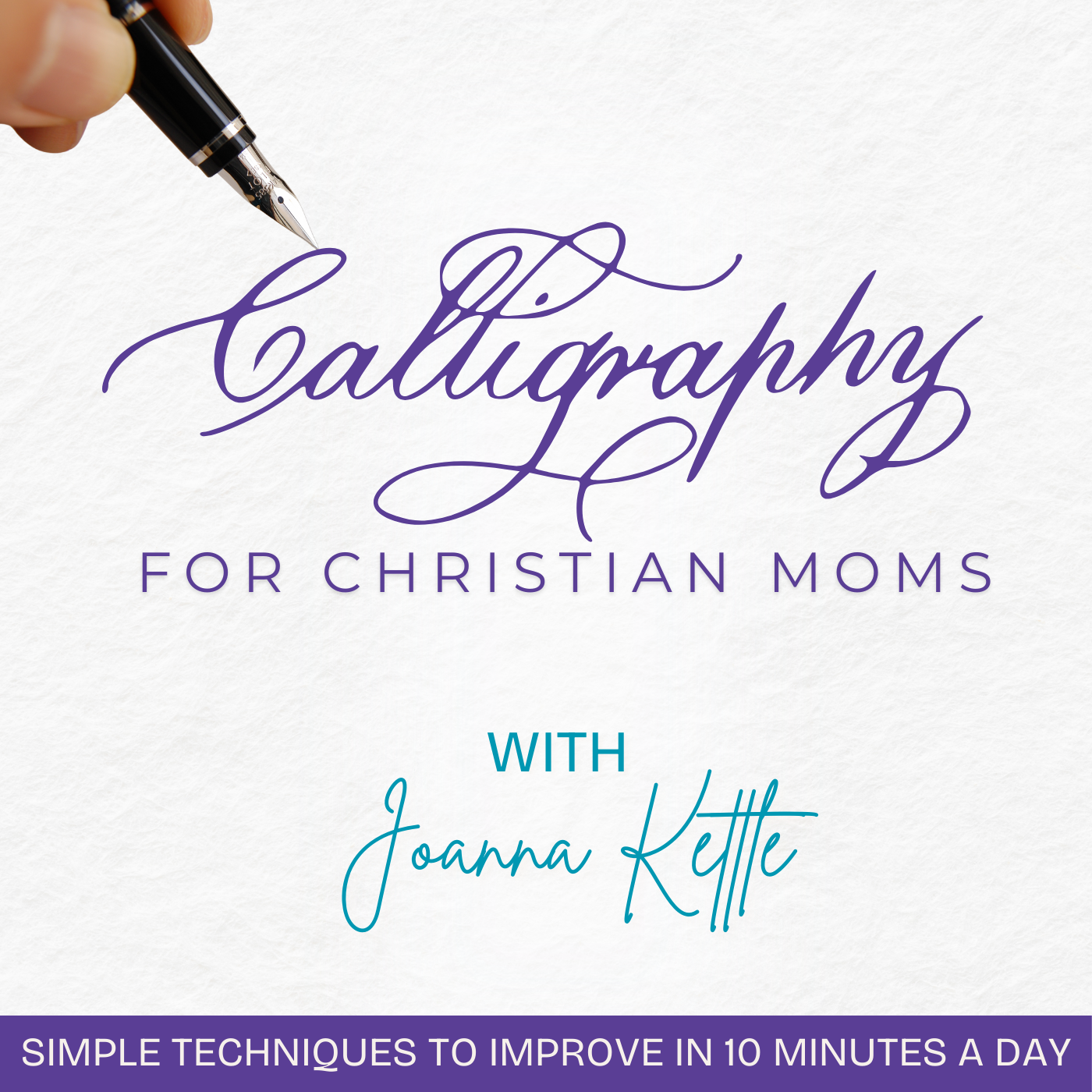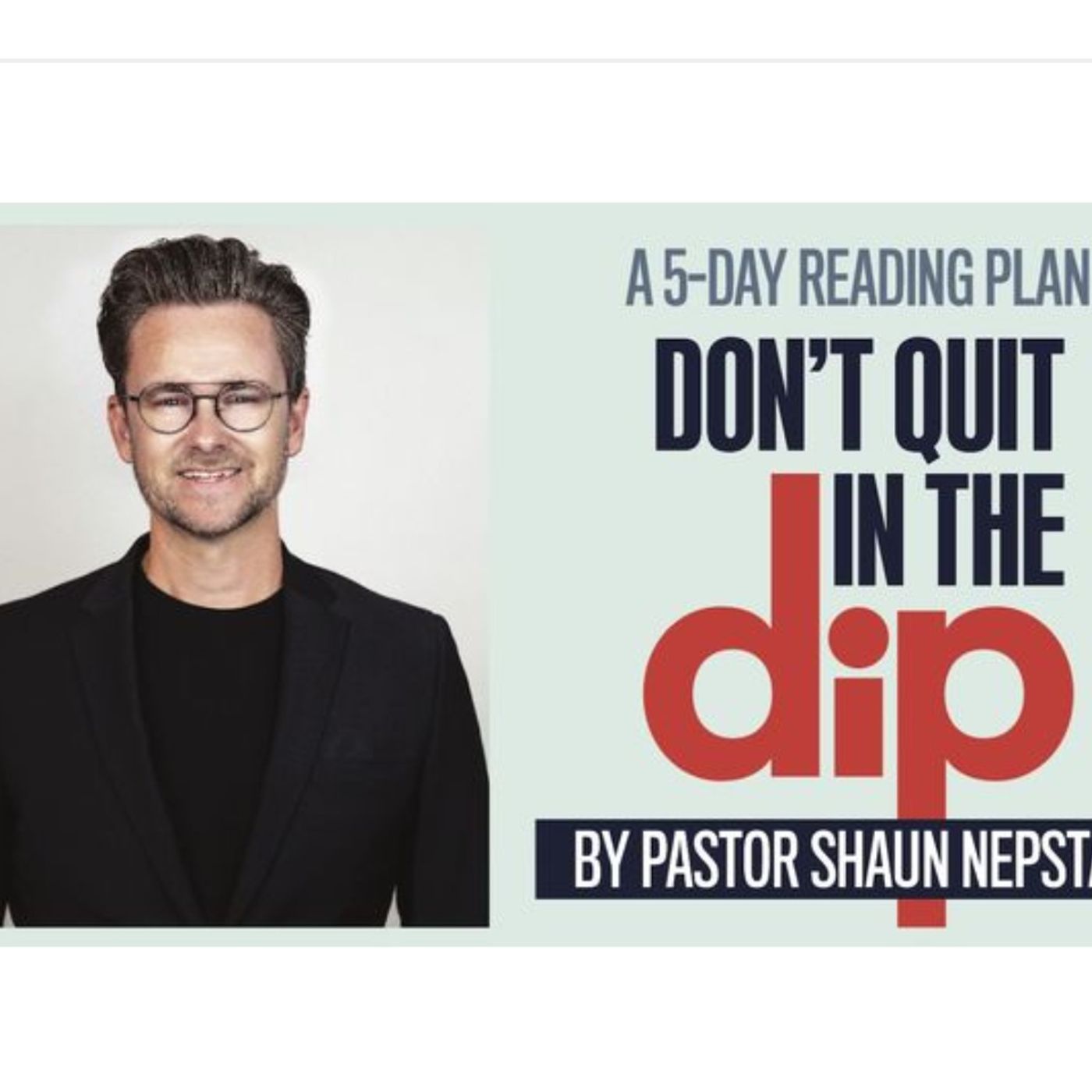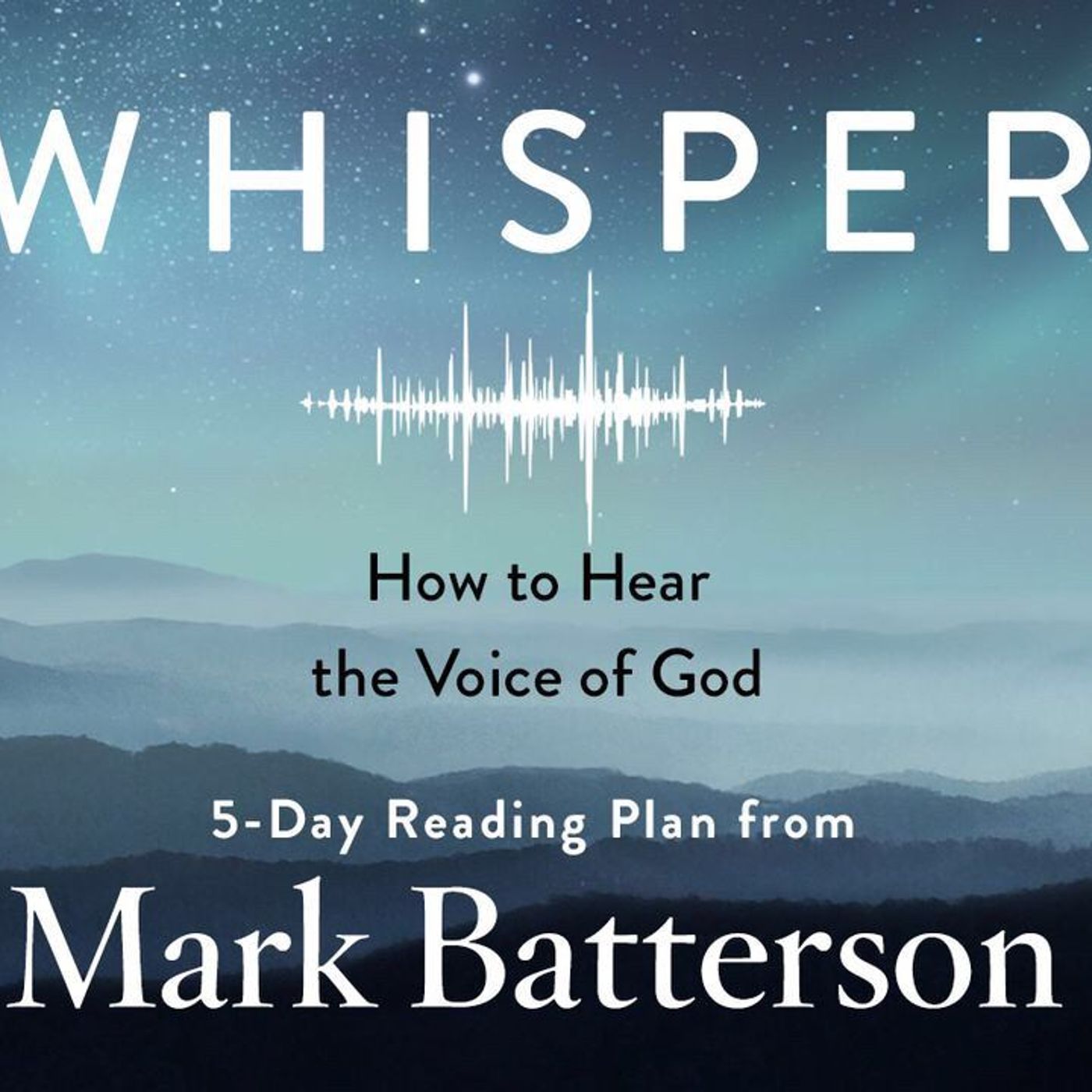We talked with:Liza Marshall is a writer and community leader and volunteer. She graduated from Duke University and the University of Virginia School of Law. She helped to found a cancer support organization, Hope Connections for Cancer Support in Bethesda, Maryland. She continues to serve in leadership roles with Hope Connections, her church, and in her community. In 2006 when she was forty-three years old, she was diagnosed with triple-negative breast cancer, the most deadly form of breast cancer. In 2021 she and her husband published a book about their experiences with Liza's cancer and how it impacted their lives and their family. John Marshall, M.D., received his training at Duke University, the University of Louisville, and Georgetown University. Dr. Marshall is an internationally recognized expert in new drug development for gastrointestinal (GI) cancer. In 2009, he established the Otto J. Ruesch Center for the Cure of GI Cancers, an organization solely focused on improving the lives of GI cancer patients through innovative research, personalized medicine and focused advocacy. In 2015, Dr. Marshall both established and directed the Precision Oncology Alliance, a national alliance established to study the impact of molecular profiling on cancer research, value and outcomes. He currently is serving as the Oncology CMO for Indivumed, creating a global precision medicine research network. We talked about:In this episode, Dr. Millstine and her guests discuss:Screening is important, but not perfect. Liza did all the right things: Annual mammograms, regular health visits and even monthly breast self-exams. But one day, she realized one breast was larger than the other. Diligent screening is important, but it doesn’t protect you from bad outcomes — and it doesn’t always catch cancer. Along with screening, it’s important to trust your intuition when it feels like something is off. The frantic search for a cure. After her diagnosis, Liza and John found themselves acting “irrationally” — asking if she could try a drug that hadn’t been proven for her type of cancer. Fear can make people — even very informed patients like John and Lisa — willing to try almost anything to cure their cancer or improve their chances of survival. It’s an understandable impulse, and something that patients can hopefully openly discuss with their healthcare team in order to sift through the evidence together. Navigating cancer as a couple: The real deal. John and Liza’s book doesn’t hide the frustrations and tensions that can occur in a couple during the stress of cancer treatment. Importantly, it also touches on how cancer affects your sex life. By sharing these personal details, they hope to give readers a better idea of what it’s realistically like to navigate cancer — as both a patient and a caregiver. Can't get enough?Purchase “Off Our Chests: A Candid Tour Through the World of Cancer.” From Bookshop.orgFrom Amazon. From Barnes & Noble. Want to read more on the topic? Check out our blog:Alcohol is not your breast’s friend: Busting myths about drinking and breast cancerIs pregnancy possible after breast cancer treatment?What does it mean if I have dense breasts?Got feedback?If you've got ideas or book suggestions, email us at
[email protected] invite you to complete the following survey as part of a research study at Mayo Clinic. Your responses are anonymous. Your participation in this survey as well as its completion are voluntary.
The podcast is for informational purposes only and is not designed to replace the physician’s medical assessment and judgment. Information presented is not intended as medical advice. Please contact a healthcare professional medical assistance with specific questions pertaining to your own health if needed.

















































